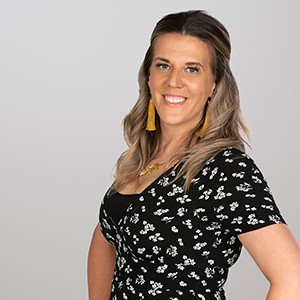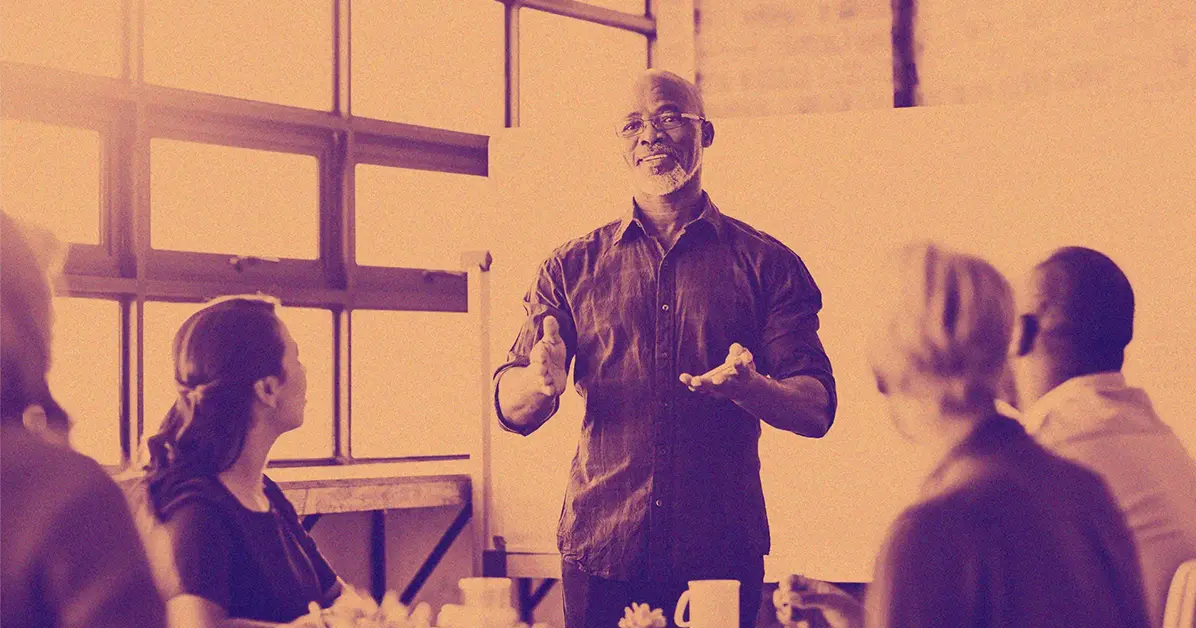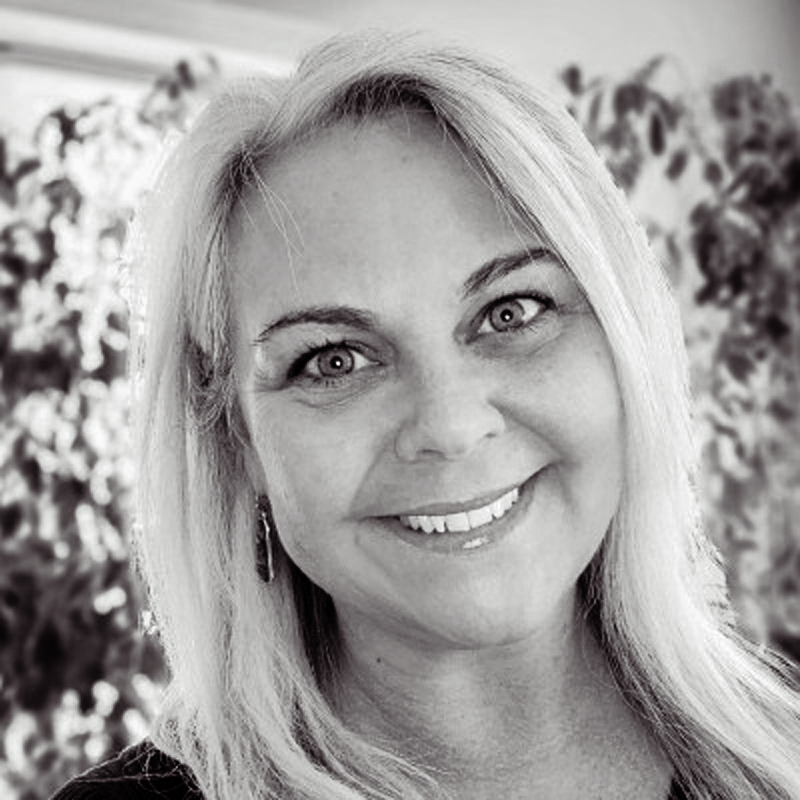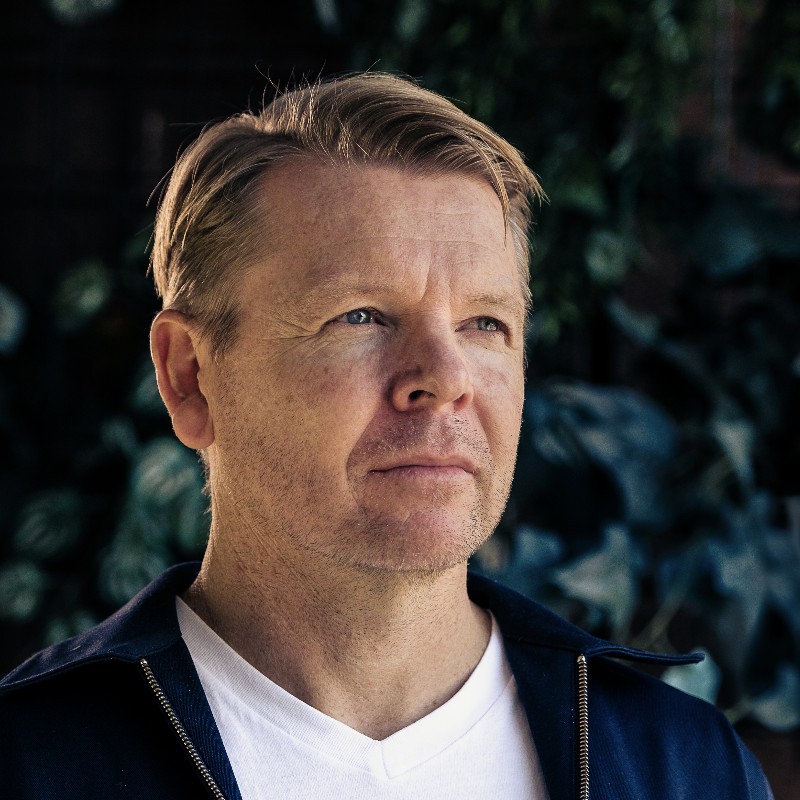Key Takeaways
- Ageism is a widespread issue in Australian employment, with older workers often facing discrimination throughout the hiring process.
- Outdated myths about older workers, such as being resistant to change or not tech-savvy, are often not true and can lead businesses to miss out on valuable talent.
- Ignoring age diversity is a business problem, as Australia's aging demographic means companies risk a looming talent gap if they don't include older workers in their strategies.
- The experience, resilience, and loyalty of workers aged 50 and over can be a significant asset to a company.
- Employers can take specific actions to combat ageism, including reworking job ads, using skills-based hiring, and training their teams to recognise and overcome bias.
According to AgeInc, ageism remains “the last socially acceptable form of prejudice in Australian employment.” The impacts aren’t just moral, they're economic, organisational, and deeply personal.
Australia’s demographic landscape is shifting fast. By 2030, there will be more people over 50 than under 10. This isn’t just a stat, it's a turning point. As baby boomers start to hit retirement age and the oldest millennials begin to turn 50, we will be entering an era of longer, healthier working lives.
While our workforce is aging, our hiring attitudes haven’t kept up. Age discrimination, particularly against professionals over 50, is widespread and often overlooked.
The Ageism Hiring Bias That Won't Budge
Despite the experience, resilience, and loyalty older workers bring, bias continues to creep in at every stage of the hiring process.
- 53% of Australians aged 50+ say they've been discriminated against based solely on their age while job-hunting (AgeInc)
- 1 in 4 HR professionals believes 50 is “too old” for a new hire (AHRI/AHRC)
- Employers still use coded terms like “digital native” and “young and dynamic” in job ads
- Older candidates are twice as likely to experience discrimination during recruitment
The data is clear: experienced professionals are being shut out, often due to outdated assumptions about their skills, ambition, or salary expectations.
The Reality? These Myths Don't Hold Up.
Let’s break them down:
“They’re not tech-savvy”
Wrong. Professionals over 50 have lived through multiple tech evolutions. They’ve had to learn, adapt, and upskill; many are even early adopters. Tech ability isn’t about age; it’s about mindset.
“They’ll cost more”
Maybe. But you get what you pay for: deep industry knowledge, existing networks, faster ramp-up, and a proven track record. Many also bring strong mentoring skills and leadership qualities that lift the entire team.
“They’re resistant to change”
The fact is they’re among the most adaptable. They’ve navigated restructures, tech disruptions, economic downturns, you name it. With age often comes greater resilience and clarity under pressure.
“They’re not ambitious”
Ambition doesn’t disappear, it evolves. Many over-50s are looking for purpose-driven work, problem-solving opportunities, and a meaningful place to apply their skills. That kind of motivation is gold in any workplace.
“They won’t be a cultural fit”
Time to reframe. Cultural fit should be about values, not vintage. At Aquent, we focus on Culture Add because diverse, multigenerational teams lead to better ideas, stronger collaboration, and more inclusive outcomes.
Why Ageism Is a Business Problem
By 2040, the number of Australians aged 50–59 will grow by over 15%, while the 25–50 group will shrink by nearly 10%. That’s a looming talent gap.
And yet, just 8% of Australian companies include age in their DEI strategies (PwC). This gap between workforce reality and workplace inclusion is only getting wider.
Our Commitment at Aquent to combat ageism
At Aquent, we believe experience is a superpower, not a shortfall. The marketing, creative, and tech industries have long been seen as youth-centric, but that thinking is outdated and short-sighted.
Monique Richards Managing Director, Aquent
That’s why we’ve partnered with APSCo Australia and AgeInc to become the first Age Inclusive Recruiter in our space.
This endorsement gives our team access to specialised training, resources, and data to help our clients build multigenerational teams and break down age-based hiring bias.
But for us, it’s more than just a badge. It’s a commitment to action:
- Prioritising age inclusivity in recruitment shortlists
- Educating clients on bias and inclusive hiring practices
- Celebrating the skills and perspectives of professionals at every stage of their career
What Can Employers and Hiring Managers Do?
If you're in a position to hire, you have the power and responsibility to drive change. Here are 6 simple but powerful actions:
- Rework your job ads
Cut age-coded language like “young and dynamic” or “recent grad.” Focus on the skills and outcomes that matter, not career stage. - Use skills-based hiring
Look at what a person can do, not how many years they've done it. - Diversify your shortlists
Actively include experienced candidates and challenge assumptions before discounting someone based on age. - Anonymise your resumes
Remove names, dates, or other details that might trigger unconscious bias. - Train your team
Run workshops or training sessions to help hiring managers recognise and overcome age bias. - Make age part of your DEI strategy
Talk about it publicly. Add it to your careers page. Promote real multigenerational inclusion.
The Bottom Line? We Can't Afford to Ignore Ageism.
If Australian organisations are serious about thriving in the future, age inclusivity is not optional. It’s a strategic imperative.
By embracing professionals over 50, businesses unlock a wealth of talent, insight, and stability that younger workforces alone can’t provide.
We’re proud to be leading this charge, and we invite others to join us. Let’s build workplaces where everyone’s experience is seen, valued, and put to work.You can find out more about the Age Inclusive Endorsement Programme here
Latest.

Hiring in Australia: 5 trends redefining our job market
Hiring Insights, Industry Trends, Ask Aquent, Leadership

How to avoid creative burnout and refill your creative tank (before you really need to)
Thought Leadership

AI adoption failing isn’t the tech, it’s the people. How smart businesses overcome this.
Technology, Thought Leadership, Industry Trends





